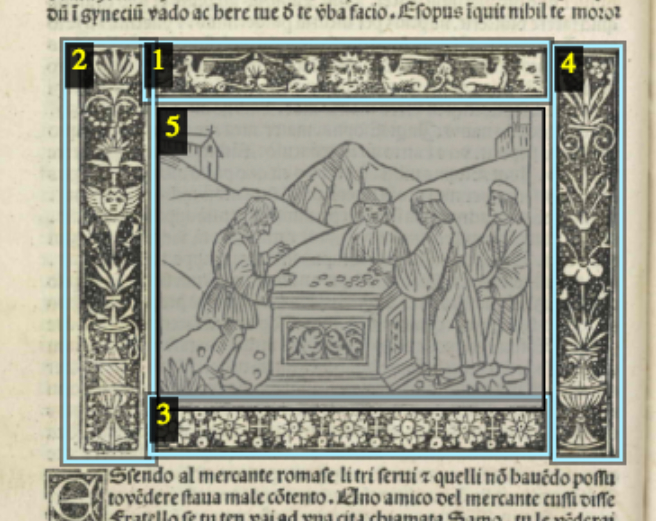 What: Introduction to Visualization in Digital Scholarship
What: Introduction to Visualization in Digital Scholarship
Who: Alfie Abdul-Rahman
When: 13.00—14.00, Friday 3 February 2017
Where: Centre for Digital Scholarship, Weston Library (map)
Access: open to all
Booking: reservation is required
In this session, we will consider how visualization can be used in digital scholarship projects. We will cover basic concepts of visualization as well as examine existing visualization techniques and applications.
This seminar first ran as a training session at the Digital Humanities at Oxford Summer School, on An Introduction to Digital Humanities workshop strand.
Alfie Abdul-Rahman completed her PhD in Computer Science at Swansea University, focusing on the physically-based rendering and algebraic manipulation of volume models. She is a Research Associate at the Oxford e-Research Centre, Oxford University. She has been involved with the Imagery Lenses for Visualizing Text Corpora and Commonplace Cultures: Mining Shared Passages in the 18th Century using Sequence Alignment and Visual Analytics, developing web-based visualization tools for humanities scholars, such as Poem Viewer and ViTA: Visualization for Text Alignment. Her research interests include visualization, computer graphics, and human-computer interaction. Before joining Oxford, she worked as a Research Engineer in HP Labs Bristol on document engineering, and then as a software developer in London, working on multi-format publishing.
Access: If you have a University or Bodleian Reader’s card, you can get to the Centre for Digital Scholarship through the Mackerras Reading Room on the first floor of the Weston Library, around the gallery. You will need to check any bags into a locker (£1 returnable deposit) before you head upstairs. If you do not have access to the Weston Library you are more than welcome to attend the talk: please contact Pip Willcox before the event (pip.willcox@bodleian.ox.ac.uk).



 hat: Interrogating Truth and Objectivity in Syrian Conflict Reporting
hat: Interrogating Truth and Objectivity in Syrian Conflict Reporting What: Revisiting the effect of red on competition in humans
What: Revisiting the effect of red on competition in humans![Ada Lovelace, by Margaret Sarah Carpenter [Public domain], via Wikimedia Commons](http://blogs.bodleian.ox.ac.uk/digital/wp-content/uploads/sites/166/2017/01/Ada_Lovelace.jpg)




